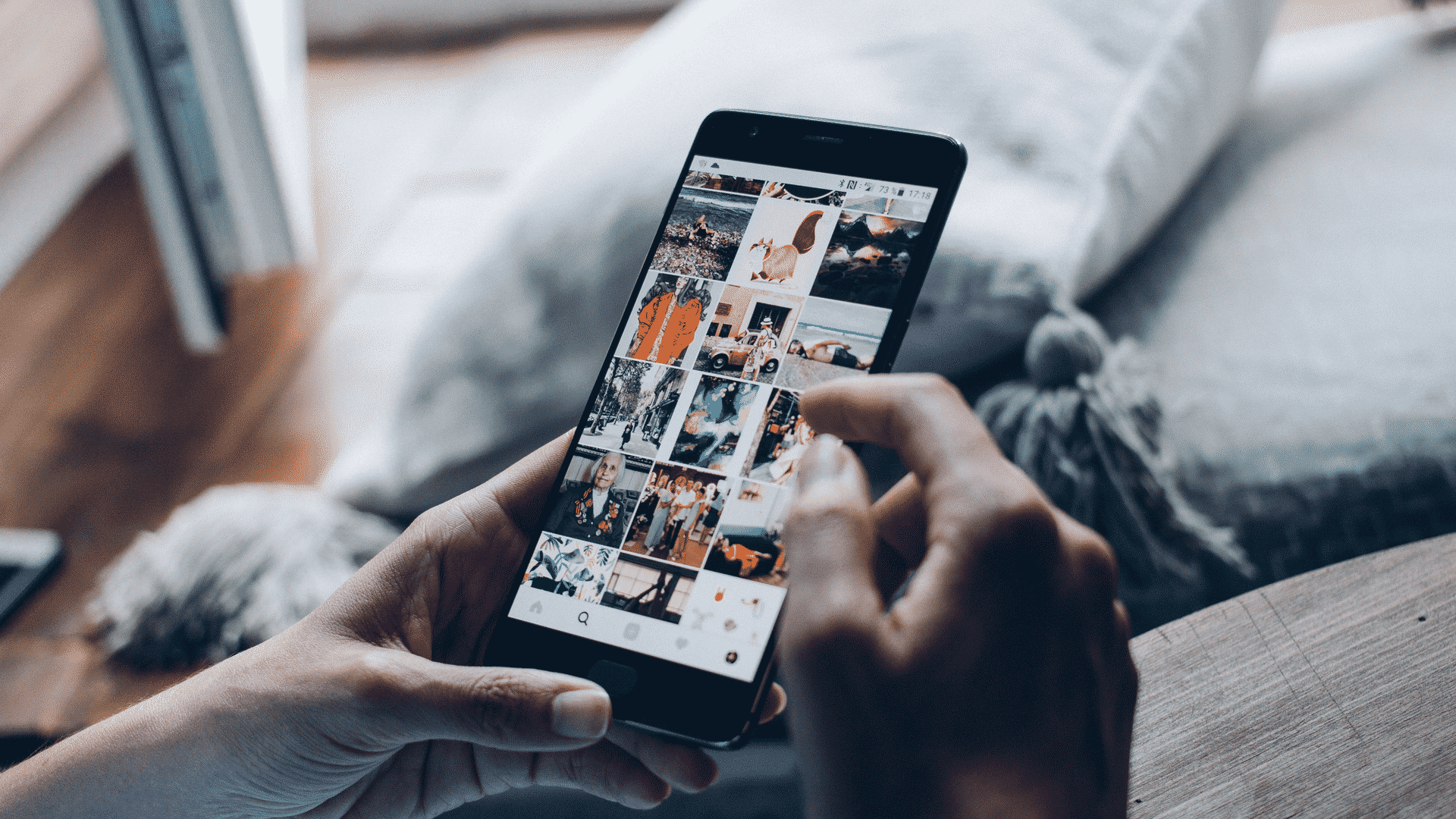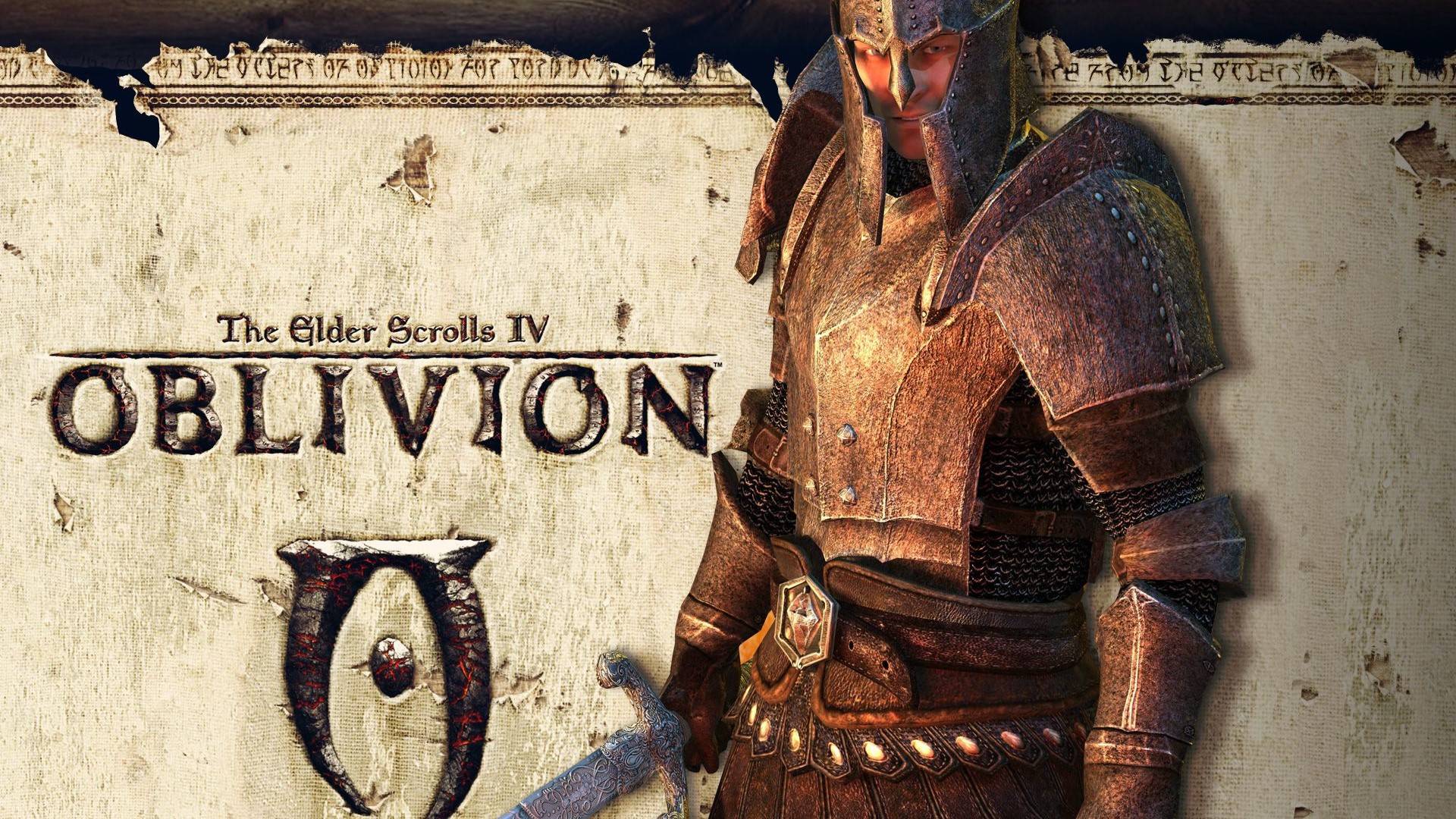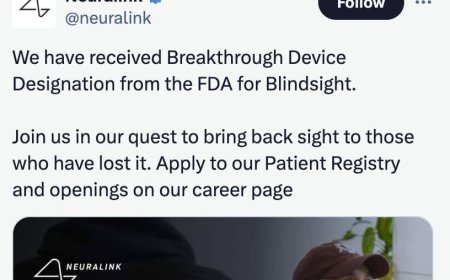Pause or Addiction: How Not to Become a Hostage to Social Media
Social media has become an integral part of life, but for some, it evolves into an addiction. Symptoms include compulsive scrolling, difficulty managing time, and neglecting responsibilities. How can we recognize the problem and break the cycle of aimless content consumption?

What is Social Media Addiction?
Research shows that the average user spends about two hours a day on social media. Many are unaware of how this habit turns into dependency.
Key Signs:
- Compulsive behavior: Endless scrolling without purpose or switching between platforms.
- Euphoria: Feeling pleasure from likes, comments, and other engagement.
- Ignoring responsibilities: Failing to complete tasks due to excessive time spent online.
- Sleep disruption: Particularly among younger users.
- FOMO (Fear of Missing Out): A constant urge to refresh feeds to avoid missing something important.
Why Is Social Media So Addictive?
Gestalt therapist Yevgeny Zagaynov explains that social media taps into psychological mechanisms, including:
- Dopamine reward system:
- Likes and follows stimulate the brain’s reward center, creating pleasure.
- Random rewards (such as sporadic likes) intensify the behavior, much like gambling.
- Unpredictability of rewards:
- Each new post or notification triggers curiosity and holds attention.
- FOMO:
- The fear of missing important news or events drives users to scroll repeatedly.
How to Break Free from Addiction?
- Set boundaries:
- Allocate specific times for social media use, such as 30 minutes in the morning and evening.
- Use apps to monitor and limit screen time.
- Practice mindfulness:
- Ask yourself why you’re logging in: Is there a purpose?
- Avoid aimless scrolling.
- Find alternatives:
- Replace screen time with reading, walks, or hobbies.
- Turn off notifications:
- Notifications encourage frequent phone checks.
- Try a digital detox:
- Plan hours or days without phones and social media.
Conclusion
Social media can be a valuable tool for communication and work, but it’s crucial to prevent it from becoming a source of dependency. Regular breaks, mindful content consumption, and time management can help maintain balance and avoid negative effects on your life.

























